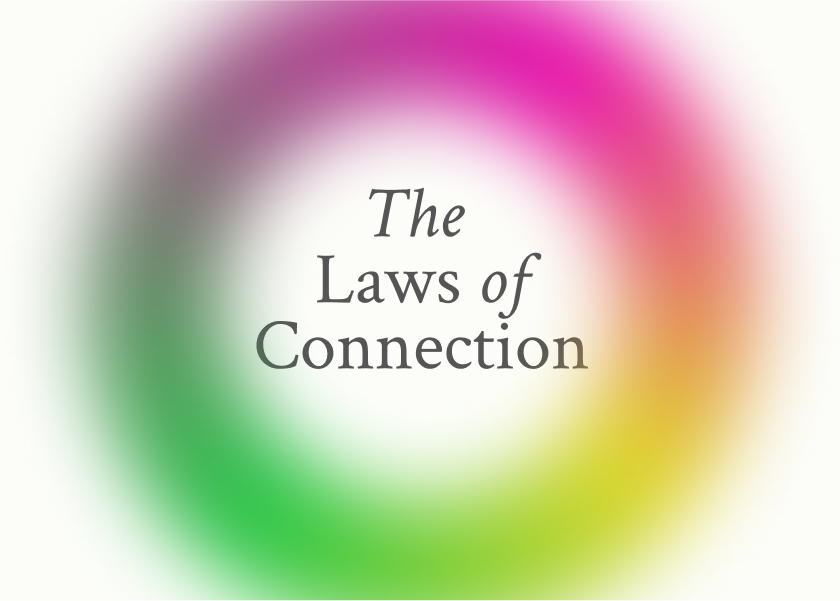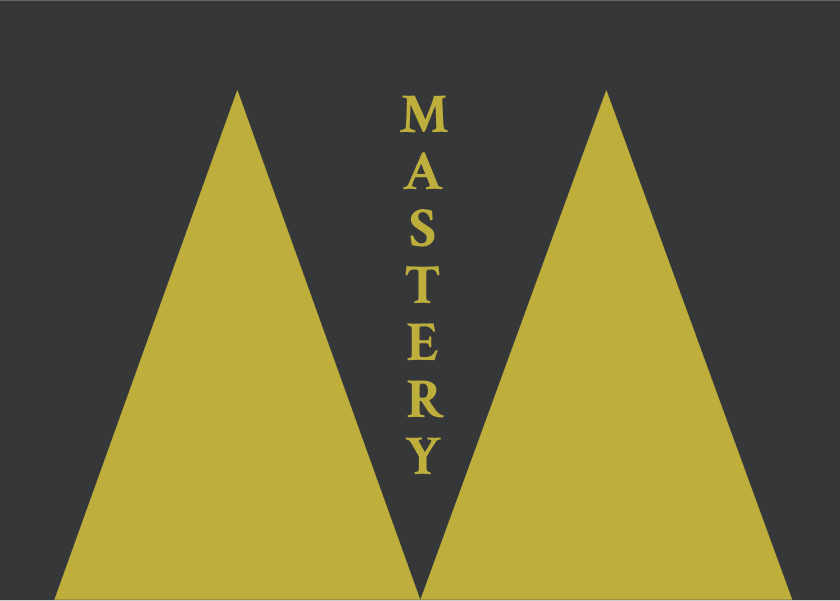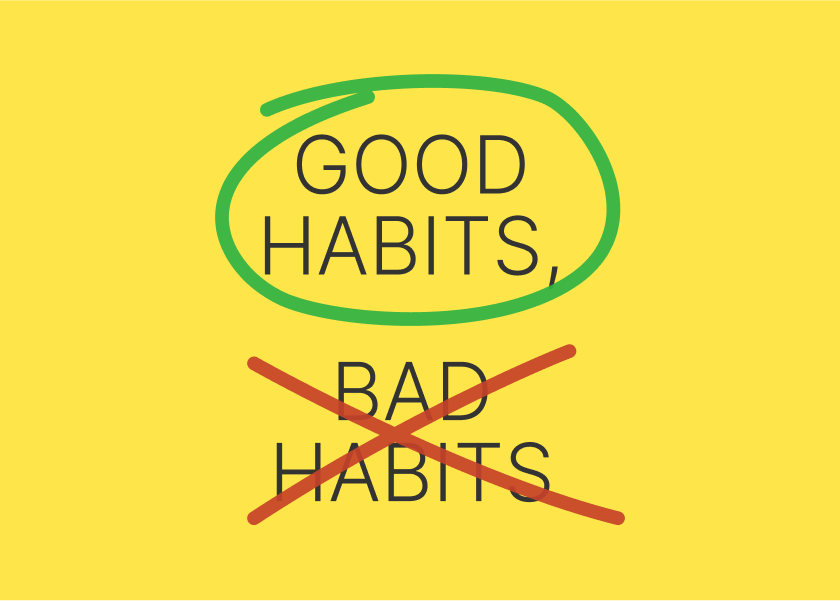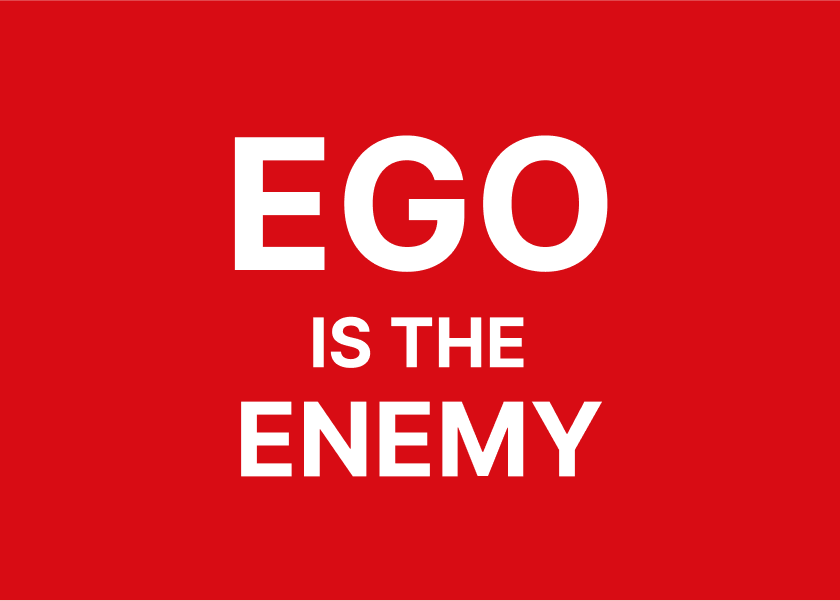Third Millennium Thinking by Perlmutter, Campbell and MacCoun - Summary
Navigate our complex world! Learn to think critically, build trust, and make wise decisions with cutting-edge scientific insights. Unlock your potential for a better future.
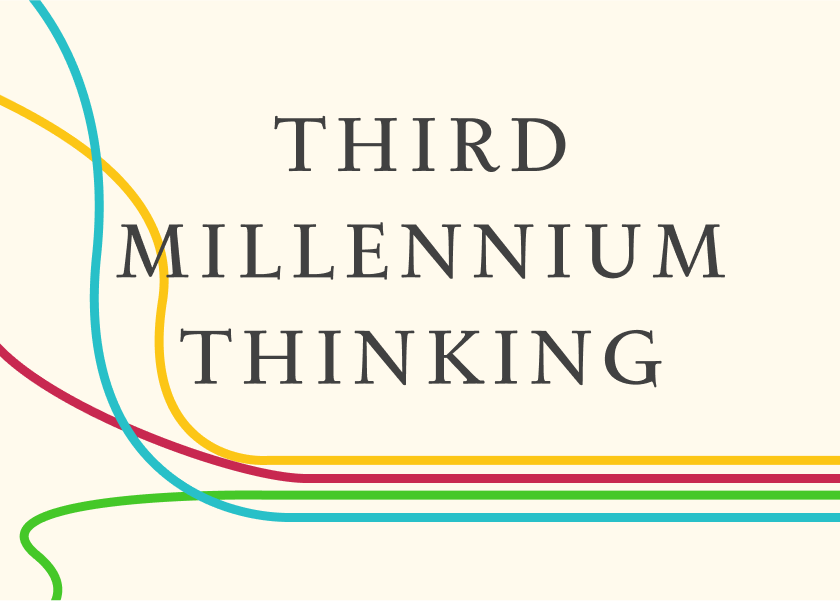
The following is a summary and review of the book Third Millennium Thinking by Saul Perlmutter, John Campbell and Robert MacCoun.
Navigate the Information Jungle
Are you feeling overwhelmed by the sheer volume of information available today? Do you struggle to distinguish credible expertise from misinformation? In our increasingly complex world, the ability to think clearly, make wise decisions, and collaborate effectively is more critical than ever. Third Millennium Thinking: Creating Sense in a World of Nonsense by Saul Perlmutter PhD, John Campbell PhD, and Robert MacCoun PhD offers a vital toolkit for navigating this challenging landscape. This insightful book, penned by a Nobel laureate physicist, a philosopher, and a psychologist, has resonated with readers seeking practical strategies to cut through the noise and make sense of the world around them. This summary provides a comprehensive overview of the book's key ideas, saving you time while equipping you with actionable insights for a more thoughtful and effective approach to life's complexities.
Table of Contents
- About the Author
- Who Should Read This Book?
- Key Insights and Themes
- Detailed Summary
- Review
- Actionable Takeaways
- FAQs
- Conclusion
About the Author
Third Millennium Thinking brings together the diverse expertise of three distinguished authors. Saul Perlmutter is a 2011 Nobel laureate in Physics for his discovery of the accelerating expansion of the universe. He is a professor of physics at the University of California, Berkeley, and a senior scientist at Lawrence Berkeley National Laboratory. His experience in cutting-edge scientific research provides a unique perspective on how reliable knowledge is built. John Campbell, a philosopher, offers insights into the historical context of contemporary challenges and how non-scientists perceive scientific research. His philosophical lens helps to frame the enduring questions of knowledge and trust. Robert MacCoun, a social psychologist with experience in public policy and law, brings an analytical perspective on human behaviour, societal decision-making, and the pitfalls of our thinking. Their collaboration, stemming from a popular multidisciplinary course at UC Berkeley, forms the foundation of this accessible and impactful book.
Who Should Read This Book?
This book is for anyone who wants to improve their ability to think critically and make better decisions in an age of information overload. This includes:
- Individuals grappling with personal decisions such as health choices, financial investments, or educational paths.
- Professionals in any field who need to evaluate information, identify reliable expertise, and collaborate effectively with colleagues who may hold different perspectives.
- Citizens seeking to understand complex social and political issues and engage in more informed discussions.
- Students who want to develop strong critical thinking skills applicable to both their academic pursuits and their lives beyond education.
- Anyone who feels overwhelmed or confused by contradictory information and desires a clearer framework for understanding the world.
Essentially, if you navigate a world where you are bombarded with information of varying quality and need to make choices based on that information, this book offers valuable tools and perspectives.
Key Insights and Themes
Here are some of the key takeaways and main ideas explored in Third Millennium Thinking:
- The Importance of Scientific Thinking: The book champions the tools and culture of science as a powerful framework for building a shared understanding of reality and making informed decisions. This doesn't require being a scientist, but understanding the core principles.
- Navigating Information Overload: In an era of unprecedented access to information, the ability to sort, evaluate, and identify trustworthy sources is crucial.
- Probabilistic Thinking: Embracing uncertainty and thinking in terms of probabilities rather than absolutes is a key skill for navigating a complex world.
- Recognising and Mitigating Biases: Human thinking is prone to various cognitive biases, such as confirmation bias, which can lead to flawed reasoning. Understanding these biases and employing strategies like blind analysis is essential.
- Distinguishing Expertise from Pseudo-expertise: Learning to identify reliable experts and understanding the basis of their authority is vital in a world where many claim expertise.
- The Radical Can-Do Stance: Cultivating a scientific optimism and a willingness to tackle complex, long-term problems with estimation techniques like Fermi problems can empower us to make progress.
- Weaving Facts and Values: Many decisions involve not just factual information but also personal and societal values. Understanding how to integrate these effectively in individual and group settings is critical.
- The Deliberation Challenge: Effective collaboration and decision-making in groups require structured approaches that account for diverse perspectives and values.
- Rebooting Trust: In a networked world facing misinformation, rebuilding trust through transparency, critical evaluation, and fostering constructive dialogue is paramount.
Detailed Summary
The book is structured into five parts, each addressing key aspects of Third Millennium Thinking.
Part I: Getting a Grip on Reality
This section lays the groundwork for a science-informed approach to understanding the world.
- Decisions, Decisions, Decisions: This chapter introduces the complexity of decision-making, highlighting the need to navigate information, expertise, and values. The opening hypothetical scenario of a medical emergency underscores the high stakes involved in many decisions.
- Instruments and Reality: The authors discuss how our understanding of reality is shaped by the "instruments" we use, both literally (like scientific tools) and metaphorically (like our cognitive frameworks). The scientific method, with its emphasis on experimentation and observation, offers a powerful advantage in understanding the world.
- Making Things Happen: This chapter delves into the concept of causality. It distinguishes correlation from causation, using examples like the spurious correlation between bread prices and sea levels. The importance of controlled experiments to establish causal links is emphasised.
Part II: Understanding Uncertainty
This part equips readers with tools for navigating a world where certainty is often elusive.
- A Radical Shift to Probabilistic Thinking: This chapter advocates for embracing probabilistic thinking as a way to reflect the inherent uncertainty in our understanding of reality. The authors introduce the idea of quantifying confidence levels in our statements.
- Overconfidence and Humility: The dangers of overconfidence, even among experts, are highlighted using examples like a scientist's inaccurate prediction about the COVID-19 pandemic. Intellectual humility, acknowledging the limits of our knowledge, is presented as a crucial virtue.
- Finding Signal in Noise: This chapter explores the challenge of distinguishing meaningful patterns (signal) from random fluctuations (noise) in data. The discovery of the Higgs Boson serves as a dramatic example of the rigorous methods scientists employ to avoid being fooled by noise. The tendency to see patterns in random data is discussed.
- Seeing Things That Aren’t There: The "look elsewhere effect," the mistake of finding spurious correlations when searching for multiple patterns in noisy data, is explained. The anecdote about a potential pulsar signal that turned out to be a misinterpretation of noise illustrates this pitfall.
- Pick Your Poison: Two Kinds of Error: This chapter discusses the inherent trade-off between different types of errors in decision-making, such as false positives and false negatives. The authors emphasise that even the best evidence-based policies will make errors.
- Statistical and Systematic Uncertainty: The distinction between statistical uncertainty (due to random variations) and systematic uncertainty (due to consistent biases) is explained. Strategies for handling systematic uncertainty, such as trying to identify and limit potential biases in measurement, are discussed.
Part III: The Radical Can-Do Stance
This section encourages a proactive and optimistic approach to tackling complex problems.
- Scientific Optimism: The authors argue for a "scientific optimism," a belief that problems can be solved through persistent effort and the application of scientific thinking. The power of believing a problem is solvable as a motivator is discussed.
- Orders of Understanding and Fermi Problems: This chapter introduces Fermi problems, estimation challenges that require breaking down complex questions into smaller, more manageable parts. The example of estimating the number of piano tuners in Chicago illustrates the value of this approach. The process of establishing upper and lower bounds for estimates is explained.
Part IV: Minding the Gaps
This part focuses on the ways individual human thinking can go wrong.
- Why It’s Hard to Learn from Experience: The chapter highlights the numerous cognitive biases that can distort our interpretation of experience and hinder learning. Confirmation bias, the tendency to seek out information that confirms our existing beliefs, is introduced.
- Science Gone Wrong: This chapter examines instances where scientific research has gone astray, including the case of "molecular memory" of water. It distinguishes between good science that may produce wrong results due to statistical probabilities and "bad science" arising from methodological flaws or biases. The warning signs of "pathological science" are discussed.
- Confirmation Bias and Blind Analysis: This chapter delves deeper into confirmation bias and presents blind analysis as a crucial technique for mitigating its effects. Examples like blind wine tastings and the importance of not seeing results until data and procedures are finalised are provided. Preregistration of study methodology is also discussed as an open science practice.
Part V: Joining Forces
This final part explores how we can think and decide more effectively in groups and as a society.
- The Wisdom and Madness of Crowds: This chapter examines the conditions under which groups can make wise decisions and the factors that can lead to collective errors, such as emotional contagion and deindividuation. The importance of shared conceptual tools and "truth wins" decision schemes in overcoming biases is discussed.
- Weaving Facts and Values: This chapter addresses the challenge of integrating factual information with diverse values in decision-making. The Denver bullet study is presented as an example of an attempt to separate and weigh facts and values. The potential for value conflicts and strategies for navigating them, such as self-affirmation, are explored.
- The Deliberation Challenge: This chapter explores various approaches to improve group deliberation, such as Deliberative Polling, scenario planning, and collaborative fact-checking initiatives like the Public Editor project. These methods aim to foster more informed and productive discussions by separating facts from values and encouraging consideration of different perspectives.
- Rebooting Trust for a New Millennium: The concluding chapter emphasises the urgent need to rebuild trust in a networked world facing misinformation. It highlights the importance of individual habits of mind, combined with "habits of community" that promote accountability and encourage critical engagement with information. The authors express a hopeful vision for a "second enlightenment" based on collaborative and evidence-based thinking.
Review
Third Millennium Thinking is a valuable and timely guide for navigating the complexities of the modern world. Its strength lies in its accessibility, translating complex scientific and philosophical concepts into understandable language for a general audience. The authors effectively weave together personal anecdotes, historical examples, and contemporary challenges to illustrate their points. The multidisciplinary approach, drawing on physics, philosophy, and psychology, provides a rich and nuanced perspective on how we think and make decisions. The book's emphasis on practical tools and actionable strategies empowers readers to immediately apply the concepts in their own lives.
However, the broad scope of the book means that some topics, while introduced effectively, may not be explored in exhaustive detail. Readers seeking deep dives into specific areas of cognitive bias or statistical methodology might need to supplement their reading with more specialised texts. Nevertheless, the book serves as an excellent foundation for developing more robust critical thinking skills.
Actionable Takeaways
Here’s how to apply these lessons in real life:
- Practise Probabilistic Thinking: When faced with uncertainty, try to think in terms of probabilities and express your confidence levels in statements.
- Be Aware of Your Biases: Actively seek out information that challenges your existing beliefs and be critical of evidence that confirms them.
- Question Claims of Expertise: Evaluate the credentials and potential biases of experts, and understand the methodology behind their conclusions.
- Distinguish Correlation from Causation: Be wary of assuming that because two things occur together, one causes the other. Look for evidence of intervention and control for confounding factors.
- Embrace Intellectual Humility: Acknowledge the limits of your knowledge and be open to changing your mind in the face of new evidence.
- Try Fermi Problems: Practice making estimations for everyday questions to develop your sense of scale and plausibility.
- Consider the "Look Elsewhere Effect": Be cautious when exploring multiple potential explanations in a dataset without pre-defined hypotheses.
- Seek Diverse Perspectives: Engage in conversations with people who hold different viewpoints and are willing to engage in thoughtful discussion.
- Apply Blind Analysis: In situations where your preferences might influence your judgment, try to evaluate information without knowing the outcome it leads to.
- Support Open Science Practices: Look for research that employs methods like preregistration and transparent data sharing.
FAQs
- What is "Third Millennium Thinking" about? "Third Millennium Thinking" provides a framework for navigating the complexities of the 21st century by drawing on the principles of scientific thinking. It offers tools and insights for making better decisions, evaluating information critically, understanding uncertainty, and collaborating effectively in a world facing information overload and diverse perspectives.
- Is "Third Millennium Thinking" worth reading? Yes, for anyone seeking to enhance their critical thinking skills and make more informed decisions in their personal, professional, and civic lives. The book offers accessible explanations of important concepts and practical strategies for navigating a complex and often confusing world.
Conclusion
Third Millennium Thinking serves as a powerful call to action, urging us to adopt more thoughtful and evidence-based approaches to the challenges and opportunities of our time. By embracing the principles of scientific inquiry, understanding the pitfalls of our own thinking, and fostering more effective collaboration, we can collectively navigate the complexities of the Third Millennium with greater clarity and confidence. The insights offered in this book provide a valuable starting point for anyone committed to making sense of the world and contributing to a more informed and rational future.
As an Amazon Associate, ShelfHelp may earn money from qualifying purchases. Needless to say, ShelfHelp only includes affiliate links to books we recommend and think are worth your time reading.

